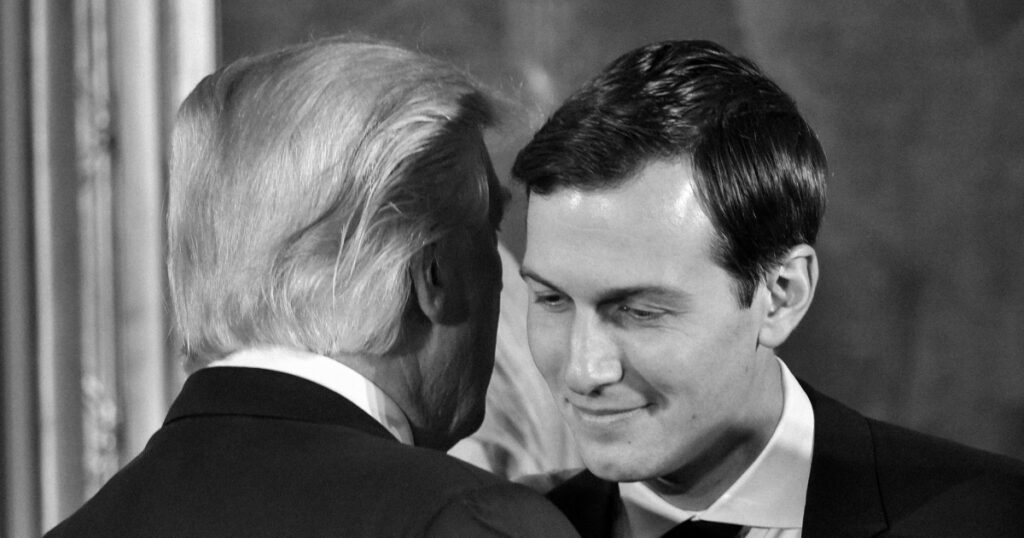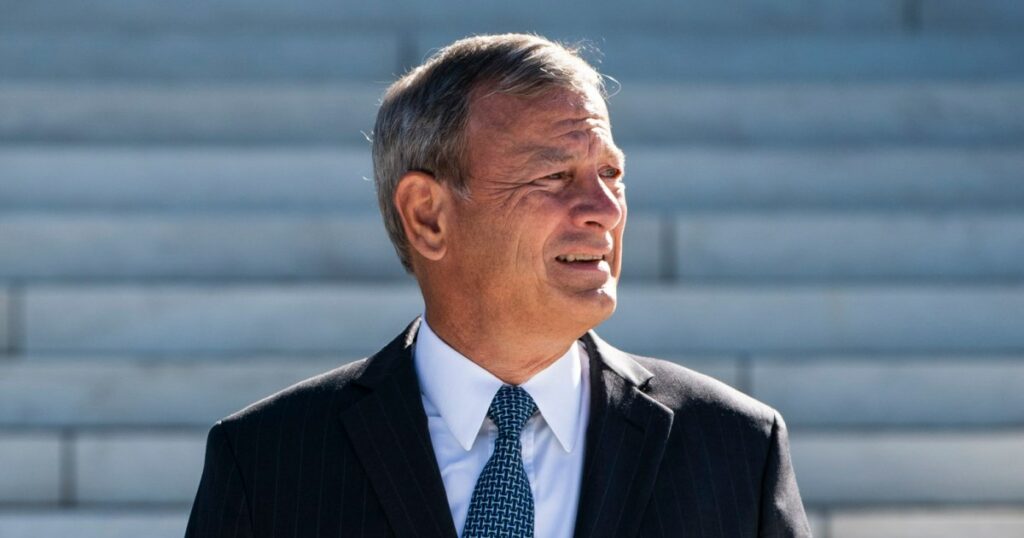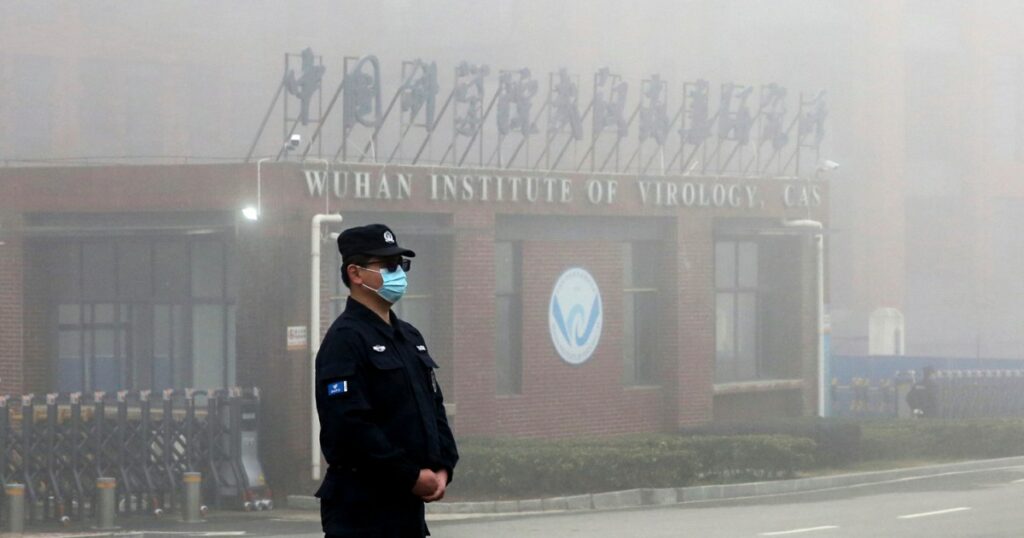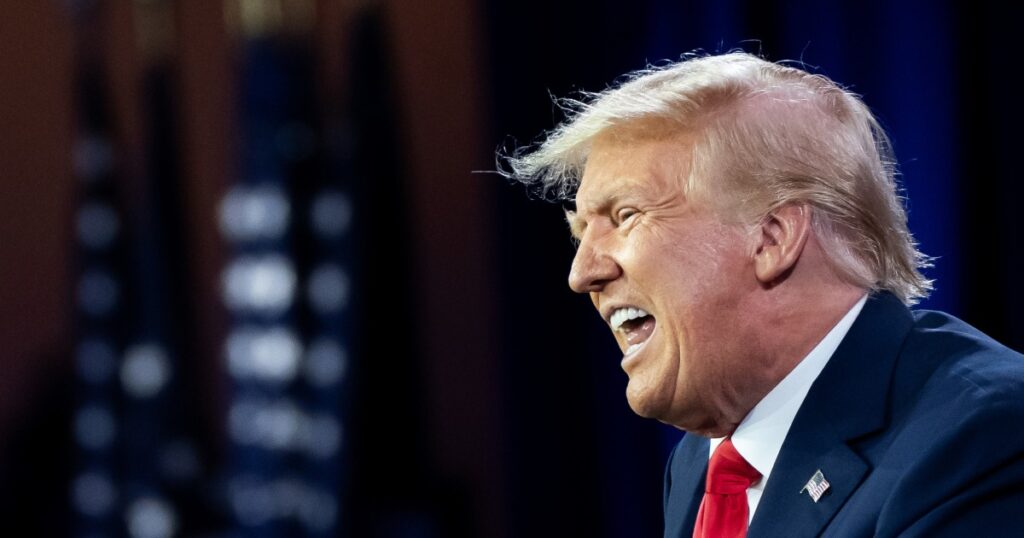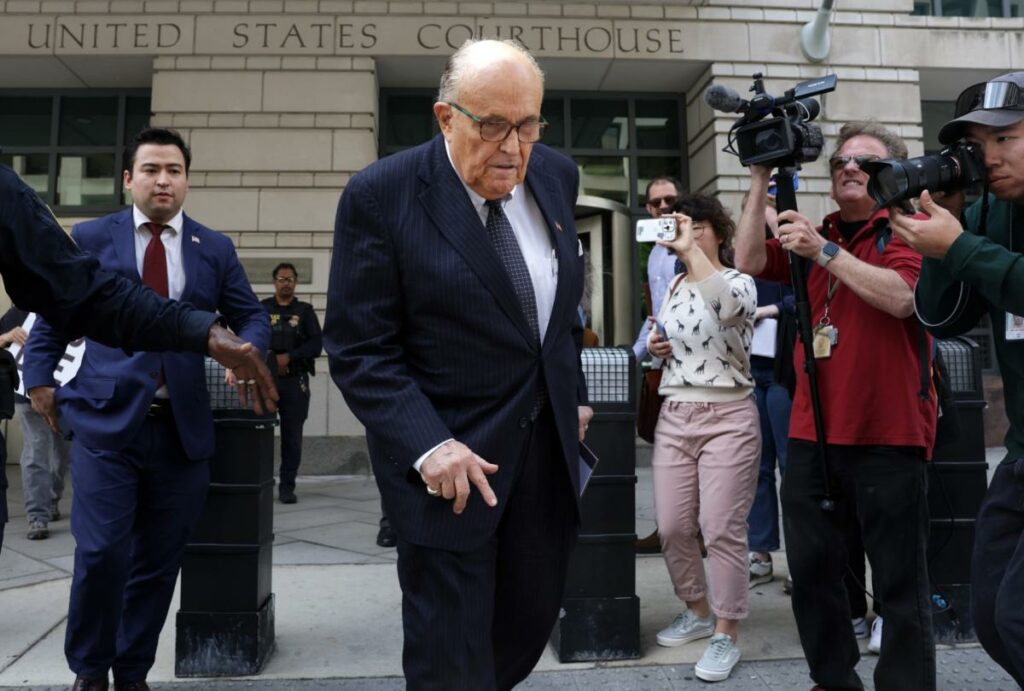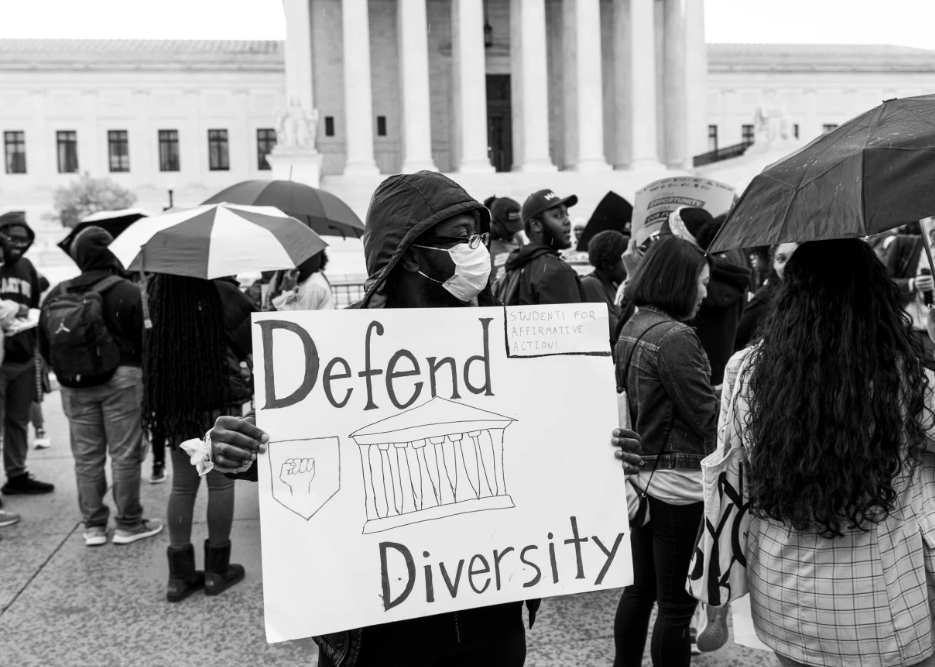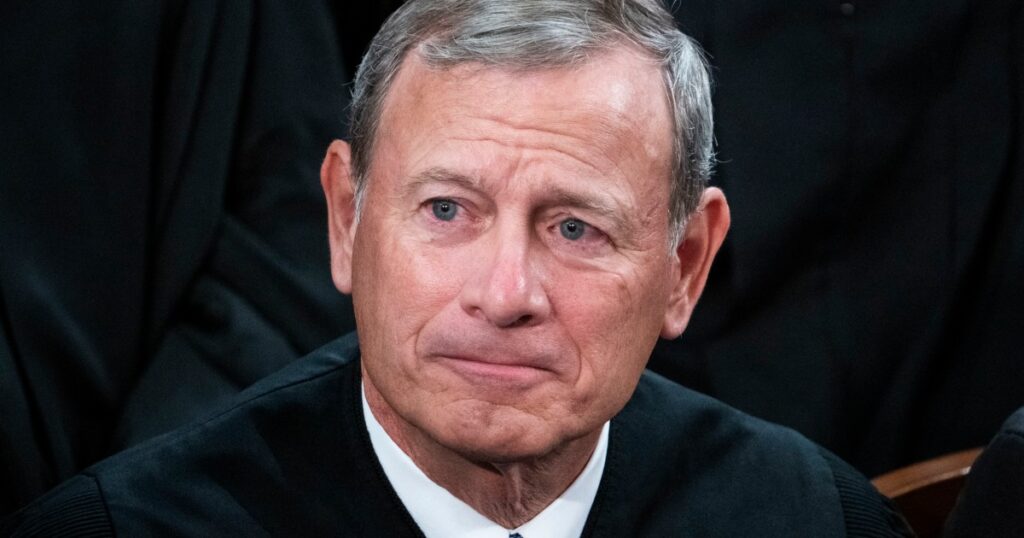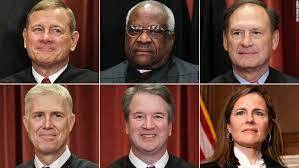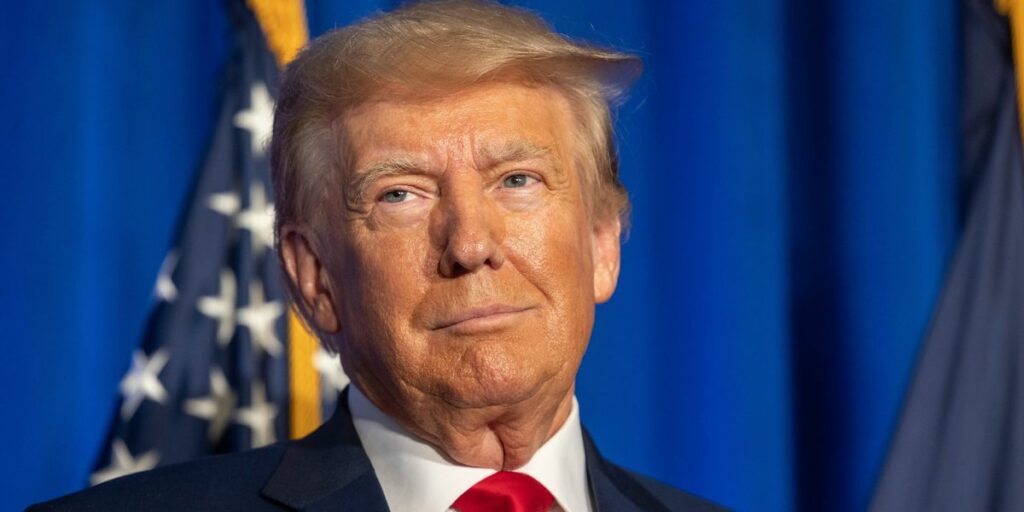Prepare to be captivated by the most consequential legal question of our time. The fate of former President Donald Trump hangs in the balance as the possibility of criminal charges looms over his role in attempting to overturn the 2020 election results. This is not just a matter of politics; it strikes at the very heart of our democracy and the rule of law. If Trump is not held accountable for his transgressions, it will irreparably damage our faith in the system that safeguards our nation.
Trump’s defense strategy hinges on a bold claim: he genuinely believed he had won the election, despite overwhelming evidence to the contrary. This argument may be his last line of defense, but can it hold up under scrutiny? Special counsel Jack Smith is meticulously examining whether Trump can be charged with obstruction of an official proceeding, conspiracy to defraud the United States, inciting an insurrection, and obstruction of justice. The key challenge for prosecutors is proving that Trump acted with corrupt intent, a crucial element in the federal statutes he may have violated. If Trump can convince the court that he genuinely believed his own falsehoods, it could undermine the prosecution’s case.
Enter Jared Kushner, Trump’s son-in-law and former White House adviser. His testimony before a federal grand jury investigating Trump’s attempts to subvert the election results could be a game-changer. Kushner reportedly stated that he understood Trump genuinely believed the election had been stolen. However, this testimony is far from a get-out-of-jail-free card for Trump. Other witnesses, including former White House director of strategic communications Alyssa Farah Griffin and former chairman of the Joint Chiefs of Staff Gen. Mark A. Milley, have testified under oath that Trump acknowledged his defeat. Moreover, individuals like Steve Bannon and Reince Priebus have indicated that Trump planned to declare victory on election night, regardless of the actual vote count. The credibility of Kushner as a witness is also called into question due to his personal ties to Trump and his own potential conflicts of interest.
But the ultimate credibility problem lies with Trump himself. Throughout his presidency, he made over 30,000 false statements, ranging from serious to absurd. The objective evidence overwhelmingly contradicts his claims of widespread election fraud and his ability to declare victory. Former top officials like Attorney General Bill Barr and Deputy Attorney General Richard Donoghue have testified that they informed Trump his claims were baseless. In contrast, Trump and Kushner, with everything to lose, now assert that he genuinely believed his own lies. Can a jury be convinced that Trump acted with corrupt intent based on the evidence at hand?
The stakes are high, and the outcome of this legal battle will shape the future of our democracy. Federal prosecutors still have a chance to convince a jury that Trump’s actions were driven by corrupt intent, paving the way for charges of attempting to overturn the 2020 election. Brace yourself for the riveting conclusion to this historic saga.
Opinion | Trump’s Best Defense Still Has a Hitch
In the realm of American politics, few figures have been as polarizing as former President Donald Trump. Throughout his tenure, Trump faced numerous controversies and legal battles, with his defense strategies often becoming a topic of intense scrutiny. While Trump’s legal team has consistently employed a robust defense, it is important to acknowledge that their approach still carries a significant hitch.
One of the key elements of Trump’s defense has been his reliance on the argument of executive privilege. This legal doctrine asserts that the president has the right to withhold certain information from the public and other branches of government in order to protect the confidentiality of sensitive discussions and decision-making processes. Trump’s legal team has consistently argued that executive privilege shields him from scrutiny and legal consequences.
However, this defense strategy has a notable hitch. The concept of executive privilege is not absolute and is subject to limitations. The Supreme Court has previously ruled that executive privilege must yield to other important interests, such as national security or the need for evidence in criminal investigations. This means that Trump’s reliance on executive privilege may not provide an impenetrable shield against legal challenges.
Furthermore, Trump’s defense team has faced criticism for their inconsistent application of executive privilege. On one hand, they have argued that certain documents and testimonies should be protected by executive privilege, while on the other hand, they have selectively disclosed information that they believe would be beneficial to their case. This inconsistency raises questions about the sincerity of their reliance on executive privilege and undermines the credibility of their defense.
Another hitch in Trump’s defense strategy is his tendency to resort to personal attacks and diversionary tactics. Rather than directly addressing the allegations against him, Trump often deflects attention by attacking his accusers or creating distractions through controversial statements or tweets. While this approach may appeal to his base and generate media attention, it does little to address the substantive legal issues at hand.
Moreover, Trump’s reliance on personal attacks and diversionary tactics can be seen as an attempt to undermine the credibility of his opponents and the institutions investigating him. By casting doubt on the motives and integrity of those involved, Trump seeks to create a narrative of a politically motivated witch hunt rather than a legitimate legal process. However, this strategy risks alienating those who value the rule of law and the integrity of democratic institutions.
In conclusion, while Trump’s defense team has consistently employed a robust defense strategy, it is important to recognize that their approach still carries a significant hitch. The reliance on executive privilege is not an absolute shield against legal challenges, and the inconsistent application of this doctrine raises questions about the sincerity of their defense. Additionally, Trump’s tendency to resort to personal attacks and diversionary tactics undermines the substantive legal issues at hand and risks alienating those who value the rule of law. As the legal battles surrounding Trump continue, it remains to be seen how effective his defense strategy will ultimately prove to be.

